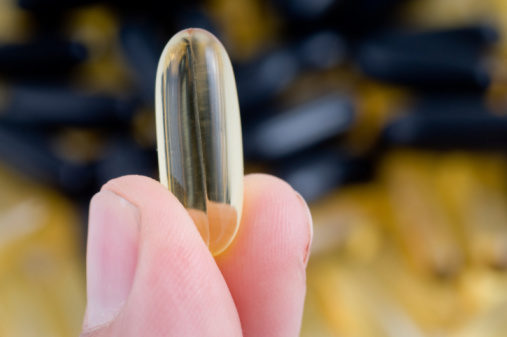Washington, D.C.—Led by the Global Organization for EPA and DHA Omega-3s (GOED), a group of advocates have petitioned the U.S. Institute of Medicine on the topic of establishing standards for the dietary intake of EPA and DHA omega-3s, commonly found in fish oil and other dietary supplements.
There are currently no Dietary Reference Intakes (DRI) for EPA or DHA, and the GOED, along with the National Fisheries Institute, the Natural Products Association and six other signatories to the petition, believes a new standard could help fill a major gap in the average American diet. It would at least let consumers make better-informed dietary decisions.
“Consumers and health providers do not know how much EPA and DHA they should be consuming on a daily basis and have no authoritative source to turn to for the information,” says Adam Ismail, GOED’s executive director.
The petition urges the Institute of Medicine to conduct the necessary review to establish the DRI, and is part of the GOED’s effort to make politicians aware of the $1–1.5 million in funding that the review will need.

Christine Stencel, media relations officer at the Institute of Medicine, says of the process, “The DRI studies are sponsored by federal agencies…To undertake a new analysis of any of the nutrients in the series would require these agencies’ participation.” She says any such review could take up to a year or two, depending on how complex the data are.
The GOED has set up a Web site, www.omega3petition.org, to allow both industry and individual advocates to get involved in the process by writing to legislators.
These particular omega-3s have been tied in scientific studies to a slew of potential health benefits, ranging from reduced risk of cardiovascular disease to a positive effect on Alzheimer’s patients. They also have been recognized as essential nutrients for normal functioning, contributing to mental health and blood pressure regulation.
Published in WholeFoods Magazine, January 2010










